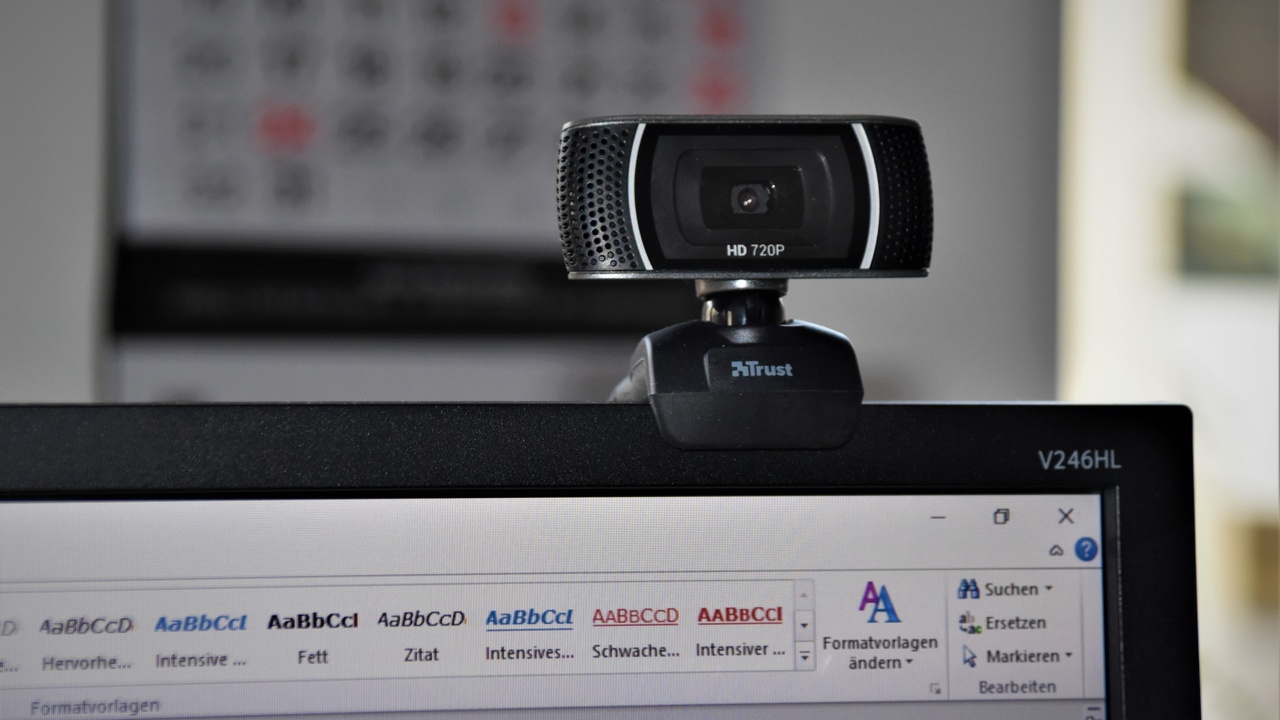3 Ways to Ask for What You Want

Ask for what you want, and be prepared to get it.
Maya Angelou
By John Millen
Growing up with a hard-working single mother and few resources, I learned early on that it never hurts to ask. I’ve continued that policy, and it’s been helpful in every aspect of life and business.
On the other side of the ledger, I will go out of my way to ask other people how I can help them. I’m also a big believer in random acts of kindness. The world has never needed those more than it does today.
Avoiding rejection
But I know I’m not the norm. Many of us feel uncomfortable asking for help or some kind of favor. We think we’ll be rejected. We’re concerned we are imposing. So we don’t ask.
This is sad because I bet you can think back to opportunities you missed because you failed to ask: the cool assignment that went to someone else; the client you failed to win; or even the love that passed you by.
We shouldn’t be afraid to ask because people like to help other people. It’s a fact. It can make us feel good. Research says we get a hit of dopamine, the pleasure hormone, in our brain’s reward center by helping others.
In any case, here are three phrases that will increase the likelihood you’ll get what you ask for.
1. “But you are free”
It would seem obvious that when you make a request of people, they have the right to decline. But something interesting happens when you say out loud that they, of course, can pass on your request.
Long-term research has shown that people are almost twice as likely to do what you request if you add a phrase like, “but you are free” (BYAF) not to do that favor.
The specific words are not important, it’s the acknowledgment that they have freedom of choice. There are different theories about why this phrase works, but the evidence is clear. Another variation would be "It's your call, but would you consider..."
I recommend you try using this phrase, or something similar. But feel free not to try it.
2. “Because”
When you request a favor of someone, research shows you will be significantly more successful if you provide a reason for the request. This, again, would seem obvious, but as Dr. Robert Cialdini notes in his landmark book, Influence: The Psychology of Persuasion, you will be substantially more successful if you use the word “because” with your request.
Citing the work of Harvard social psychologist Ellen Langer, Cialdini writes of experiments where a person would ask to cut the line to use a copy machine. The simple request using the word “because” resulted in more than 90 percent acceptance, while a request without the word was granted 60 percent of the time.
Cialdini says the word “because” triggers our “automatic compliance response” as human beings. Hearing the word makes us automatically want to say “yes.” This, of course, does not apply to all situations, especially higher-stakes decisions.
Here's an example of how I successfully used the "because" principle:
A couple of years ago I was in Dallas staying near a private club. I needed a good workout so I visited the club and asked to use their gym. The manager at the front desk apologized and said the workout facility was for members and their accompanied guests only.
I asked if I could have a tour because I was visiting from out of town. (I didn't say I was moving there or was interested in joining.) He said yes and had a young woman take on me a tour of the workout facility, which was stunning.
After the tour, I returned to the desk and thanked the manager for the tour and genuinely complimented him on the amazing facility. Then I asked, "Would you consider letting me work out just this one time because I have a flight back home in the morning?"
I am aware that that sentence doesn't make logical sense, but it didn't matter. He kind of scanned around the luxurious lobby then looked at me and smiled.
He handed me an electronic card and said, "don't get me in trouble." I thanked him effusively and assured him there would be no trouble because he put his trust in me.
3. “What questions do you have for me?”
Have you ever stood in front of a group when you finished your presentation and asked, “Do you have any questions?” Did you stand there for what seemed like an hour? Did you hear crickets? Did you say, uncomfortably, “Well, okay, I guess I covered everything.”
There’s something about hearing the phrase, “Do you have any questions” that seems to feel uninviting. Even people who have questions will look around at others and wonder if they’re imposing by asking a question. It’s weird.
Try this instead: “What questions do you have for me?” I started using this phrase about a year ago, and it works about 80 percent of the time, much more than the status quo approach.
I ran across this approach in a small book titled, Exactly What to Say, The Magic Words for Influence and Impact. It’s a simple read with twenty-three phrases focused mainly on successful sales but applicable in life since, as I always say, life is sales.
If you find any of those approaches interesting, I suggest you choose one and try it for thirty days because I believe you’ll see great results. But you are free to choose your own approach.
Now, what questions do you have for me? Just hit visit my contact page and we can talk.
John
*Amazon affiliate links








